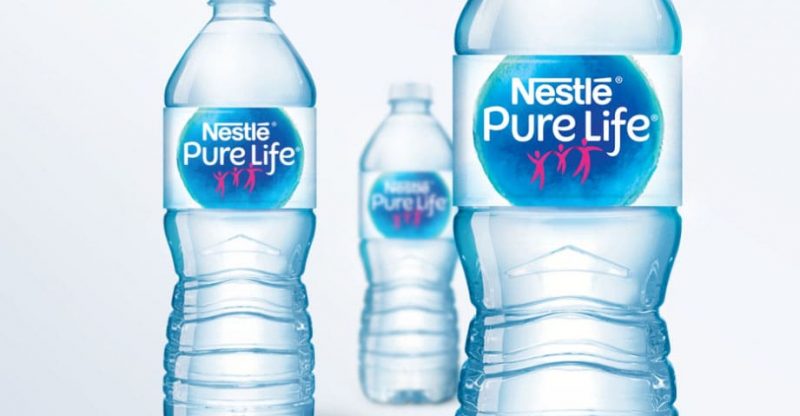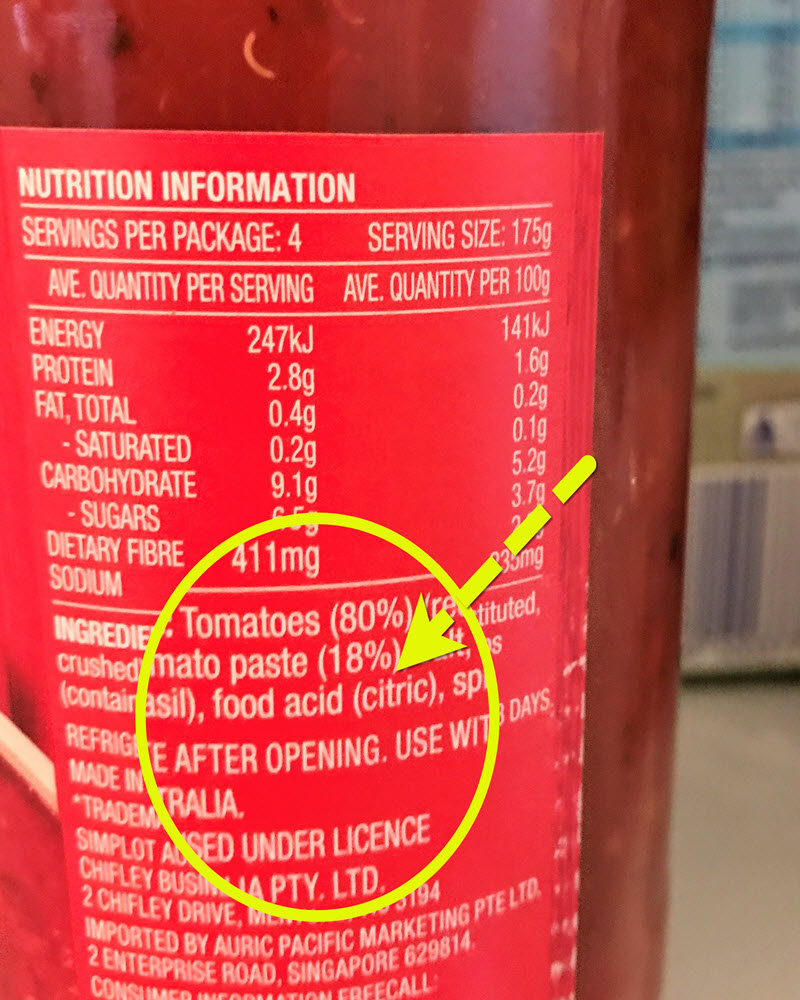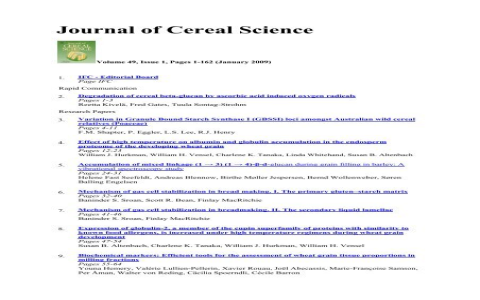Alright, so the other day I was poking around my kitchen, you know how it is, and I grabbed this jar of pickles. My eyes caught the ingredients list, and there it was: firming agent 509. Now, I’m not usually one to get too hung up on these things, but a buddy of mine is super strict about gluten, and it got me thinking. “Is that stuff gluten-free?” I mumbled to myself. Figured I should try and get to the bottom of it, just for my own peace of mind, and, you know, to have an answer if he ever asked.

So, my first step, naturally, was to just stare at the label for a bit longer. No big “gluten-free” statement jumping out at me. That’s usually the first clue, or lack thereof. I then started to actually think about what a “firming agent” even does. Keeps things crisp, right? My brain started to churn. What even is 509? I had a vague recollection from somewhere.
I didn’t immediately jump on the internet, not for this. I like to try and work things out with a bit of common sense first. So, “firming agent.” Gluten, I know, is a protein. It comes from wheat, barley, rye, that sort of thing. It makes bread chewy. How would that relate to making a pickle firm? Seemed like a long shot for it to contain gluten directly.
My next thought was to try and remember what kind of chemical 509 might be. I had a feeling it was some kind of salt. After racking my brain for a minute, it clicked – calcium chloride! Yeah, I was pretty sure that was it. I remembered seeing that used in cheesemaking too, sometimes.
So, calcium chloride. That’s a chemical compound, a type of salt. It’s not derived from grains. It’s made from limestone and stuff like that, or as a byproduct of other chemical processes. No gluten there.
This is where it usually gets simple, but also a bit complicated with all these food sensitivities.

- So, is calcium chloride (firming agent 509) itself gluten-free? Yes, fundamentally, it is. It doesn’t contain gluten.
- The raw material itself is mineral-based. No wheat, barley, or rye involved in its actual chemical makeup.
But then, you always have that nagging thought about processing. Could it be processed in a facility that also handles gluten-containing ingredients? That’s the usual worry for folks with celiac disease. For something as basic and widely produced as calcium chloride, it feels less likely to be a major source of cross-contamination compared to, say, oats processed on wheat equipment. But you can never be 100% sure without asking the specific manufacturer, can you? It’s a real pain.
It’s like so many of these food additives. The actual substance is fine, but the journey it takes to get into your food can be a mystery. Why can’t they just be clearer on labels? If it’s sourced and processed to be gluten-free, just say so! Saves everyone a headache. I spent a good few minutes just thinking this through, something that should be super obvious.
So, my practical conclusion? Firming agent 509, which is calcium chloride, is generally considered gluten-free. The substance itself doesn’t have any gluten. But if someone is extremely sensitive, like, super-duper sensitive, and they’re worried about tiny traces from shared lines in some far-off factory, well, that’s a whole other level of investigation. For most people wondering, though, it should be okay. It’s just annoying that we have to become part-time food scientists to figure these things out. I just wanted to know about a pickle!
